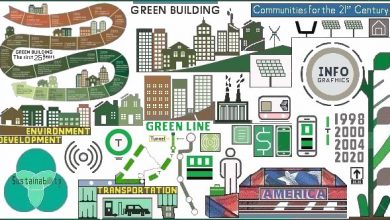
Can you tell me a bit about your background and your current role?
For 6 years I have worked as a Software Developer in various Fintech related companies, such as the Netherlands’ first online broker (BinckBank). Currently I am a Principal Software Consultant at Enable Digital. This means I advise companies operating in Sub Saharan Africa on their IT strategy: When the company scales 10x, where does their IT system break? Do they need to hire more personnel? Are there existing software tools on the market they can leverage, rather than building solutions themselves? Great fun! Because of my background as a software engineer, and my experience in the African market, I can bring a lot of knowledge and expertise to these companies.
How does the fintech market look like in your country?
We are located in Switzerland, but are operating in Sub-Saharan Africa. Switzerland’s fintech market is a contrast. On the one hand we have some of the most advanced fintech companies in the world here. Crypto valley is in Switzerland, which hosts many crypto-currency fintech companies such as Ethereum. On the other hand the dominant banks (UBS, Credit Suisse) are very old and encumbered by legacy. Most people pay in cash, not by card. Transferring money is never instead but takes days. Still lots of room for innovation!
Can you tell us more about Fintech and its importance today?
When I visited Zimbabwe in spring 2019, I saw family fortunes being washed away due to hyper-inflation. I also saw industrial facilities and farms being left unused. If only the people had access to a safe way to store their money. If only the people had easy access to capital so they could leverage their farms and industrial facilities. Fintech has the ability to empower the individual, distribute money better, and democratise power.
How would you describe the transformation taking place in the financial sector?
Everything is IT, everything is automated. And if it isn’t yet, it will be. Companies must have the right team and technologies in place if they are to stay relevant. I am happy that I can do my bit to help these companies achieve this. For the end-customers this automation is great: they receive more tailored products, and falling marginal costs allows bottom-of-the-pyramid customers to be reached as well.
How can fintechs overcome the challenges of building in the cloud?
The cloud is the digital camera of today. If you are still using on-premises software, you will become obsolete this decade. Working in the cloud is not hard, it is actually easier to set up a software in the cloud than it is on-premise. Make sure you have developers that can work well with the cloud platform you are using. Be it AWS, Google Ccloud, or Azure.
What do you think is the future of the Fintech industry?
More disruption of big players, more automation, more specialized service packages to individuals, more focus on the unbanked. All this until everyone is served. Then next decade we will enter a period of consolidation and who knows: Maybe in 30 years there will be an oligarchy of big banks running the show? For now the opportunities are enormous, and we see investment capital only increasing. Exciting times!











